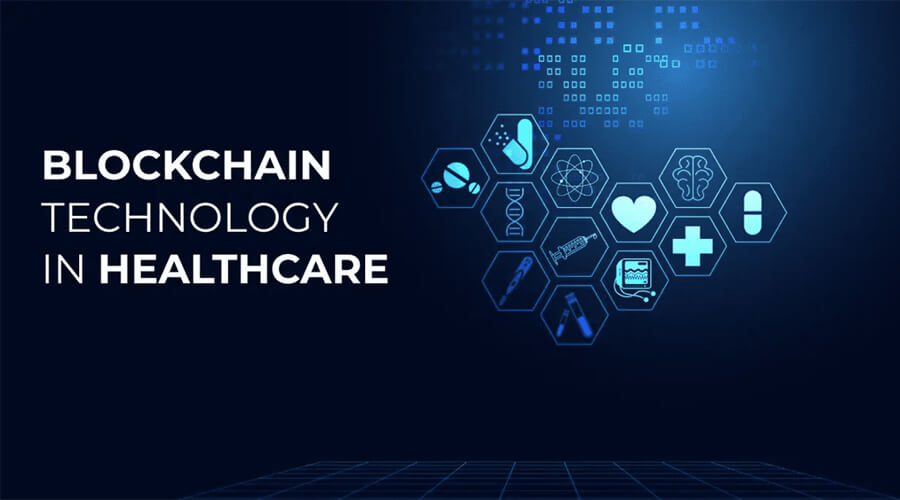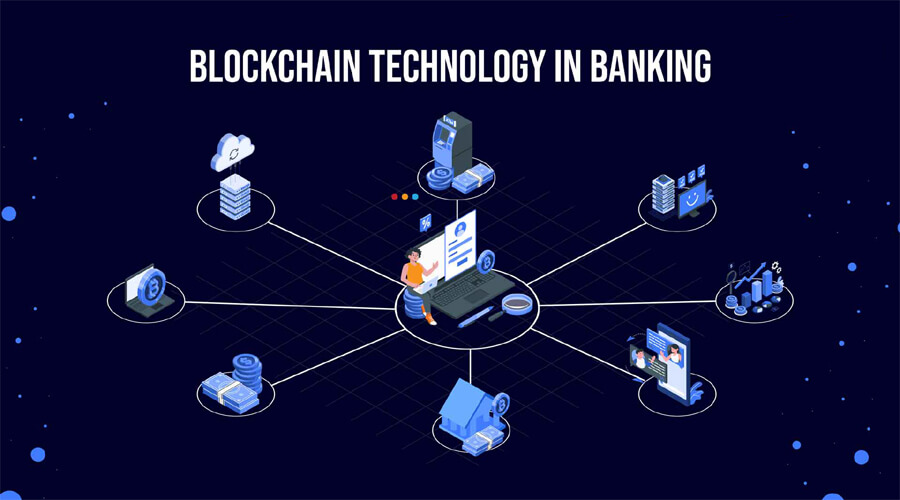Blockchain technology has the potential to revolutionize various industries, and healthcare is no exception. The healthcare sector faces numerous challenges, including data security, interoperability, and patient privacy. Blockchain offers innovative solutions to these issues, making it a promising technology for improving healthcare services. Here are some of the key benefits of blockchain technology in healthcare:
1. Enhanced Data Security:
Healthcare organizations deal with sensitive patient data that must be kept secure at all times. Blockchain provides a highly secure and immutable platform for storing and sharing patient records. Each transaction (or addition of a new record) is cryptographically linked to the previous one, creating a chain of blocks that is extremely difficult to tamper with. This ensures that patient data remains confidential and protected from unauthorized access.
2. Interoperability:
Interoperability is a major challenge in healthcare because different systems and providers often use incompatible formats for medical records. Blockchain can facilitate data exchange and interoperability by providing a standardized and decentralized platform for storing and sharing patient information. This makes it easier for healthcare providers to access and share patient data securely.
3. Patient Control and Consent:
Blockchain allows patients to have greater control over their own health records. They can grant or revoke access to their data, ensuring that only authorized individuals and organizations can view their medical history. Patients can also track who has accessed their records, enhancing transparency and trust in the healthcare system.
4. Streamlined Claims Processing:
Health insurance claims processing is often a complex and time-consuming task. Blockchain can automate this process by creating smart contracts that execute automatically when certain conditions are met. This reduces administrative overhead, minimizes errors, and speeds up claims processing, resulting in more efficient healthcare operations.
5. Drug Traceability:
Pharmaceutical companies can use blockchain to track the production and distribution of medications. This helps in verifying the authenticity of drugs, reducing the risk of counterfeit medicines entering the market, and ensuring that patients receive safe and genuine products.
6. Clinical Trials and Research:
Blockchain can facilitate secure and transparent sharing of clinical trial data among researchers, pharmaceutical companies, and regulatory authorities. This can accelerate the development of new drugs and treatments while maintaining data integrity and patient privacy.
7. Supply Chain Management:
Efficient supply chain management is crucial in healthcare to ensure the availability of medical equipment and medications. Blockchain can be used to track the movement of medical supplies and pharmaceuticals, reducing the risk of shortages and improving overall logistics.
8. Reduced Fraud:
Healthcare fraud is a significant problem worldwide. Blockchain’s transparent and tamper-proof ledger can help detect and prevent fraudulent activities, such as billing for fictitious services or unauthorized access to patient data.
9. Cost Reduction:
By automating processes, reducing administrative overhead, and improving data accuracy, blockchain can lead to cost savings in healthcare. These savings can be reinvested in patient care and research.
10. Global Health Data Exchange:
Blockchain enables secure and efficient sharing of health data across borders. This is especially valuable in emergencies, where access to a patient’s medical history from different healthcare providers can be critical.
While blockchain technology holds great promise for healthcare, it’s important to address challenges related to scalability, regulatory compliance, and data standardization. As the technology matures and adoption increases, these challenges can be overcome, paving the way for a more secure, efficient, and patient-centric healthcare ecosystem. Blockchain has the potential to transform healthcare, ensuring that patient data is secure, accessible, and used for the betterment of healthcare services worldwide.



